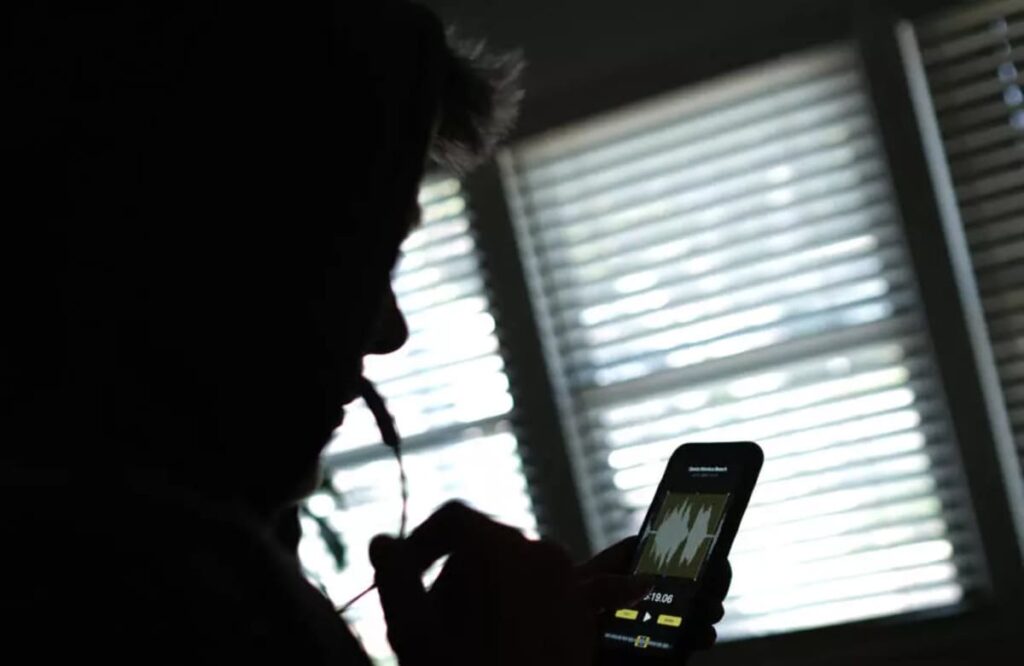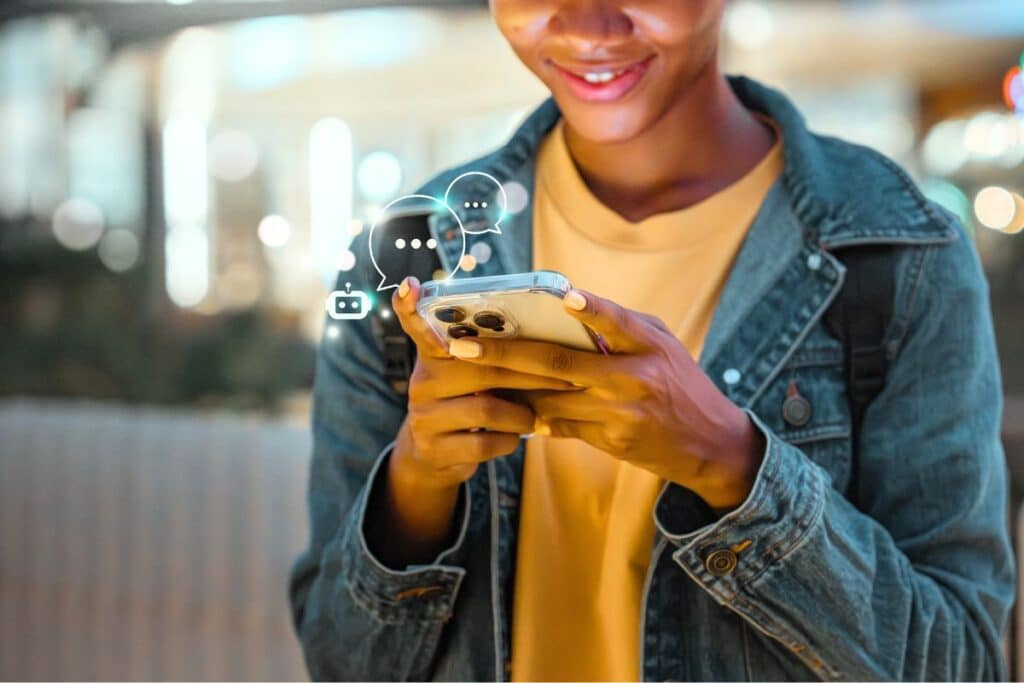More and more people are turning to ChatGPT for emotional support and personal conversations, but as AI becomes an unlikely confidant, are there risks involved? From offering advice to simply listening, AI tools like ChatGPT are finding their way into the lives of many, providing a sense of connection and even replacing therapists in some cases.
AI: A Growing Role in Emotional Support
For some, talking to a chatbot has become a daily ritual. Take Zineb Gabriel, for example. A 35-year-old entrepreneur and mother of four, Zineb started using ChatGPT for professional reasons, but soon found herself turning to the AI for personal conversations. “It became a habit, like calling a friend,” she says. Now, she talks to ChatGPT daily, sometimes sharing thoughts and worries she doesn’t discuss with anyone else. “It’s like a drug. For me, it does better than a therapist,” she admits.
Zineb’s experience isn’t unique. According to a study from the Centre for Research and Study of Living Conditions (Crédoc), nearly a quarter of French people (26%) use AI for personal matters. This is a significant increase from the previous year, with more individuals turning to AI as a confidant. For many, the AI’s empathetic responses and ability to mimic human conversation offer a level of comfort that makes it feel like a trusted friend.
Emotional Support or Isolation?
While the growing reliance on AI for emotional support might seem harmless, experts caution about the potential risks. Psychiatrists like Serge Tisseron and Raphaël Gaillard argue that the emotional connection some users feel with AI can create an unhealthy attachment. ChatGPT, for example, uses a method of hyper-adaptation—tailoring responses to match the user’s tone and emotional state. This can make users feel deeply understood, creating a strong emotional bond.
However, this bond can come at a cost. As Gaillard points out, AI can provide a level of engagement that may draw users in, but it risks isolating them from real human connections. Younger individuals, in particular, may find themselves spending more time with their AI confidant than interacting with friends or family.
Take Antoine, a 19-year-old marketing student from Toulouse, who turned to ChatGPT after a breakup. “I like how the conversation is all about me, and it can go on forever,” he says. Antoine admits to using ChatGPT once or twice a month when his personal issues become overwhelming. For him, it’s about seeking solutions, venting, and feeling heard—something he appreciates, especially given that ChatGPT is free and available 24/7.

AI as a Temporary Solution
While some view ChatGPT as a helpful tool, especially when waiting for a professional appointment or when traditional therapy isn’t an option, experts like Vanessa Lalo, a psychologist specializing in digital practices, point out that the AI is only a temporary solution. Lalo notes that AI can be a supportive emotional outlet for those who may be too hesitant or unable to confide in others, like young people who are bullied or struggling with mental health. “For young people who are bullied and don’t talk to anyone else, AI helps them put words to their feelings,” she says.
However, she also highlights a significant concern: the confidentiality of data. AI platforms like ChatGPT aren’t bound by medical confidentiality laws, which raises questions about the privacy of users’ sensitive information. The French Data Protection Authority (CNIL) has voiced concerns about the risk of data being used to improve AI models without users’ full awareness, emphasizing that the information shared could be reused to personalize conversations or for other purposes.

The Data Dilemma: Trusting AI with Personal Secrets
One concern that arises with using AI for personal matters is the potential misuse of data. Lola, a 25-year-old content creator from Paris, and her friend tested this issue by asking ChatGPT about personal relationships. “We were surprised by how detailed the response was, especially since it referenced past conversations,” Lola shares. This unnerving experience led Lola to take extra precautions, like changing names when discussing sensitive matters with the AI.
This scenario underscores the importance of understanding what happens to the data we share with AI. While it’s clear that AI can provide emotional support, users must be mindful of the privacy risks that come with sharing personal information. The line between a helpful confidant and a data-collecting entity can be thin, and the implications of this remain largely unexamined.
The Future of AI as a Confidant
As AI continues to evolve, its role in emotional support and personal conversations will likely grow. For many, tools like ChatGPT have already become more than just technological gadgets—they’re companions, confidants, and even a form of therapy. However, as reliance on AI increases, it’s essential for users to be aware of the potential psychological and privacy risks involved.
While AI can offer immediate relief and comfort, it’s crucial that we don’t overlook the need for human connection and professional help. AI may be a helpful tool in a pinch, but it can never fully replace the support that comes from real human relationships or trained therapists. Moving forward, finding a balance between AI interaction and traditional support systems will be key to ensuring that AI remains a helpful and ethical tool for those who need it most.





